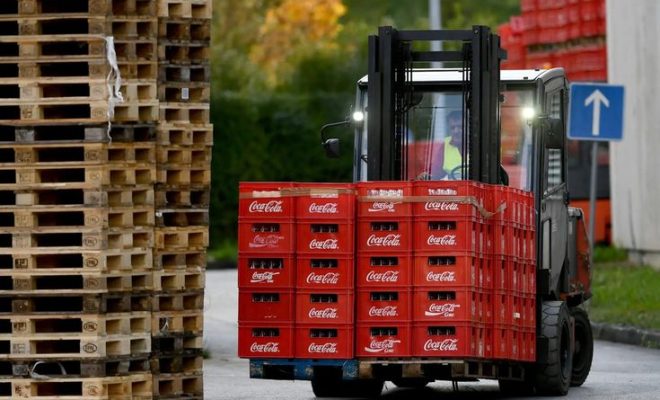Small towns are no exception: Protests grow as curfews are ordered

Small towns across the nation are beginning to experience a wave of civil unrest, similar to their urban counterparts, as local governments impose curfews to curb various social issues, including public health concerns and civil disobedience. Residents of these close-knit communities, known for their tranquil streets and tight social fabric, are pushing back against what they perceive as overly restrictive measures that impinge on their individual freedoms and disrupt local economies.
The escalation of protests in small towns is particularly significant because it marks a stark shift from the traditional image of small-town conformity and conservatism towards a more active and vocal form of civic engagement. The assumption that smaller communities would be more acquiescent to top-down directives has been challenged by a swell of grassroots movements that have emerged in response to the universally felt impacts of such curfews.
Local businesses in these areas, which are often family-run and reliant on the support of nearby residents, have been vocal opponents of the curfews. They argue that the restrictions cut into crucial operating hours, reduce customer traffic, and threaten their survival—concerns that resonate strongly with town residents whose livelihoods are closely tied to the success of these establishments.
Beyond economic objections, there’s also a profound sense of infringement on community autonomy. Small-town residents often prize local governance and the ability to make decisions tailored to their specific needs. The imposition of curfews by higher authorities is viewed as an overreach into the self-governance of these communities. Moreover, some critics question the effectiveness of such broad measures in environments that naturally have less population density than larger cities.
The law enforcement agencies in these towns face a delicate balance between upholding imposed curfew orders and preserving relations with the communities they serve. Smaller police forces, who are often composed of local residents or individuals with deep ties to the community, find themselves in challenging positions as enforcers of unpopular mandates.
As protests gain momentum, they also bring to light larger societal issues that transcend the immediate trigger of curfew orders. Dissatisfaction with broader political or economic systems, feelings of disenfranchisement, and concerns about civil liberties are all themes surfacing amidst these localized demonstrations.
In an era where connectivity allows even remote areas instant access to information and organizational tools, small towns are finding new ways to leverage this technology for protest coordination. This digital mobilization adds a modern twist to traditional forms of small-town activism—ordinarily hallmarked by town hall meetings and local petitions—and provides a platform for amplifying their message beyond local borders.
The cultural narrative around small towns is evolving as these centers of supposed conformity become epicenters for civic action. The protests against curfew orders represent not just opposition to specific policies but also a broader assertion of community rights and identity in an increasingly fraught national landscape. As such measures continue to be debated and enforced, it’s clear that small towns will remain important participants in the national discourse around freedom, governance, and social cohesion.





